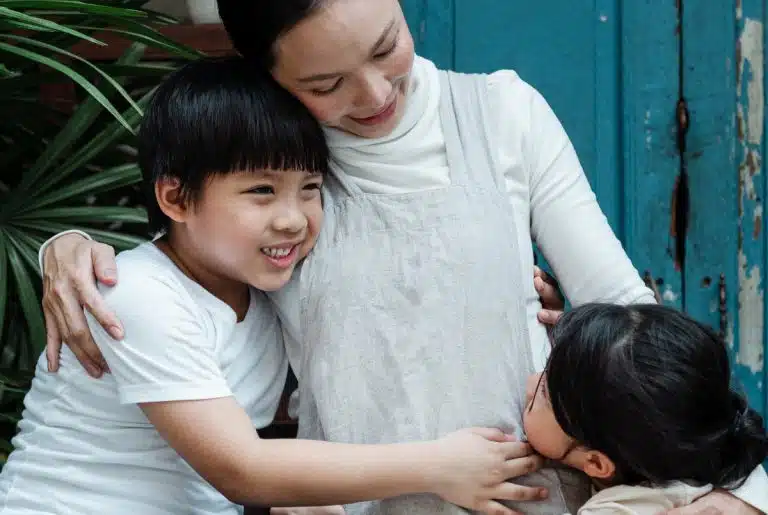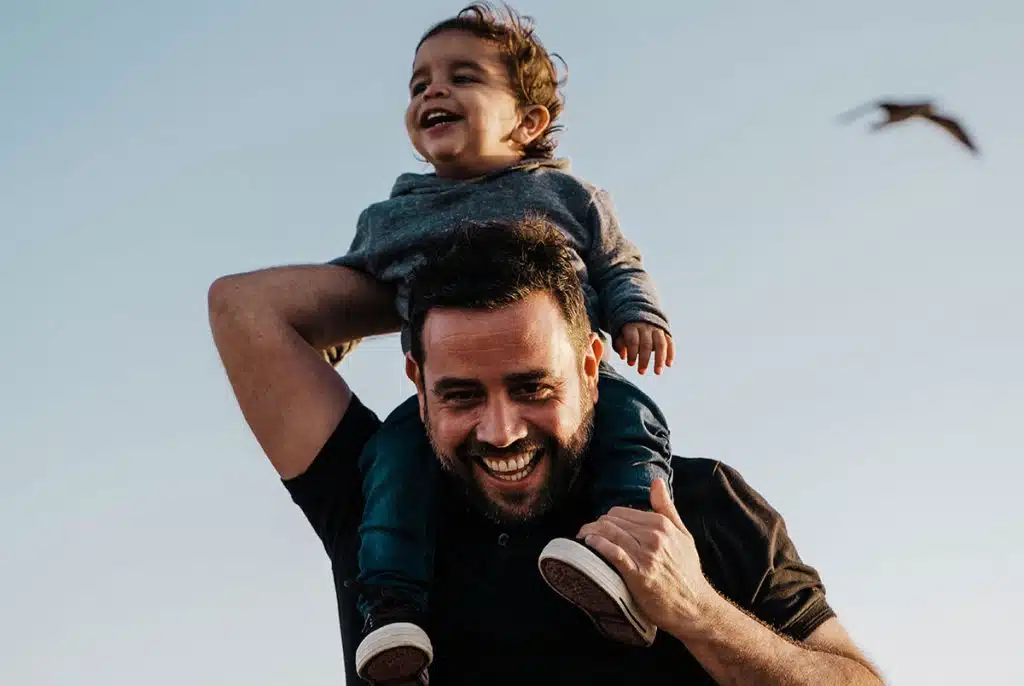تحديد الأهداف ليس حكرًا على البالغين الذين يسعون لتحقيق إنجازات مهنية أو لياقة بدنية. فتعلم تحديد الأهداف والعمل على تحقيقها لدى الأطفال يبني الثقة بالنفس والمرونة والشعور بالمسؤولية.
ولكن كآباء، فإن دورنا ليس رسم خريطة لكل مرحلة مهمة بالنسبة لهم - بل مساعدتهم على اختيار أهداف ذات معنى، وتقسيمها إلى خطوات قابلة للتحقيق، والاحتفال بالتقدم الذي يحرزونه على طول الطريق.
ابدأ صغيرًا وحافظ على إمكانية تحقيقه
بالنسبة لمرحلة ما قبل المدرسة، تكون الأهداف أكثر فعالية عندما تكون بسيطة، وقصيرة المدى، ومرتبطة بردود فعل إيجابية.
تقول إليزابيث شو، أخصائية علم النفس السريري والرئيسة التنفيذية لشركتنا: "قد يكون هدف الطفل الصغير بسيطًا كتجهيز ألعابه قبل العشاء، أو وضع طبقه في الحوض. يمكن إنجاز هذه الأهداف في دقائق معدودة، مما يمنح الأطفال شعورًا واضحًا بالإنجاز".
قد تكون الأهداف طويلة المدى أو الطموحة للغاية مُحبطة. أما المهام القصيرة والقابلة للتحقيق، فتساعد الأطفال على الشعور بالقدرة على تحقيق أهدافهم، وتبني ثقتهم بأنفسهم لتحقيق أهداف أكثر تحديًا في المستقبل.
تأكد من أن الهدف هو لهم - وليس لك
من الطبيعي أن ترغب في أن يتفوق طفلك، ولكن في بعض الأحيان قد تتسلل طموحاتنا الخاصة. تقترح إليزابيث التوقف والسؤال: هل هذا الهدف يتعلق بنمو طفلي، أم بتوقعاتي الخاصة؟
على سبيل المثال، قد يكون تشجيع طفلك في مرحلة ما قبل المدرسة على القراءة قبل بدء الدراسة أمرًا قيّمًا، ولكن إذا كان الهدف الحقيقي هو جعله "متفوقًا"، فقد يُسبب ذلك ضغطًا لا داعي له. بدلًا من ذلك، ركّز على المهارات والسلوكيات التي تُساعده على النمو، مثل اللعب الجيد مع الآخرين، واتباع الروتين، أو العناية بممتلكاته.
عندما يكبر الأطفال، سلم لهم زمام الأمور
بالنسبة للمراهقين، المبادئ متشابهة - ابدأ بخطوات قابلة للتحقيق - ولكن يجب تغيير الشعور بالمسؤولية. تقول إليزابيث: "إذا لم يكن الهدف هدفهم، فسيتوقفون عن التركيز". "اعمل معهم لاستكشاف أهمية الهدف، والدعم الذي يحتاجونه، وشكل النجاح. دورك أقرب إلى دور المدرب وفرقة التشجيع منه إلى دور الشرطي".
مراجعة وتعديل والاحتفال بالتقدم
لا تُحقق الأهداف دائمًا كما هو مخطط لها، وهذا أمر طبيعي. فمراجعة الأهداف معًا تُساعد الأطفال على إدراك قيمة ما حققوه، حتى لو لم تكن النتيجة مثالية. توضح إليزابيث: "أحيانًا، تكشف العملية عن هدف مختلف وأكثر أهمية. وهذا يُحافظ على ثقتهم بأنفسهم ويُعلّمهم المرونة".
دعم الأطفال القلقين
إذا كان طفلك يعاني من القلق، قسّم أهدافه إلى خطوات أصغر. بدلًا من "ترتيب غرفته"، ابدأ بـ "وضع جميع الجوارب في الدرج". احتفل بكل خطوة حقيقية للأمام، ولكن تجنّب المبالغة في مدح شيء لم يُقرّبه من الهدف.
إن مساعدة الأطفال على وضع أهدافهم الخاصة وتحقيقها تُعلّمهم أكثر من مجرد إنجاز المهام، بل تُنمّي مهارات حل المشكلات، والاستقلالية، والثقة بقدراتهم. اجعل أهدافك صغيرة، وذات معنى، وموجهة نحو طفلك، وستُهيئهم للنجاح بطرق متعددة.
هل تبحث عن المزيد من استراتيجيات التربية؟ يمكن لمستشارينا ذوي الخبرة مساعدتك في دعم نمو طفلك العاطفي والاجتماعي. تعرّف على المزيد حول ورش عمل الأبوة والأمومة أو استكشف مركز المعرفة للحصول على نصائح وموارد عملية.
الخدمات وورش العمل ذات الصلة

تقديم المشورة.العائلات.انتقال الحياة
الإرشاد الأسري
يقدم المعالجون الأسريون المدربون والمتعاطفون لدينا خدمات الاستشارة العائلية عبر الإنترنت وشخصيًا في جميع أنحاء نيو ساوث ويلز. يوفر الإرشاد الأسري مساحة آمنة لمعالجة المشكلات وسماع وجهات نظر بعضنا البعض والتغلب على الصعوبات وتحسين التواصل واستعادة العلاقات وتعزيزها.

ورش عمل جماعية.العائلات.الأبوة والأمومة
ضبط الأطفال
يساعد هذا البرنامج أولياء الأمور ومقدمي الرعاية للأطفال الذين يبلغون من العمر 12 عامًا أو أقل على "التوافق" وتحسين التواصل والتواصل مع أطفالهم. تساعدك الأدوات العملية على بناء الذكاء العاطفي لدى طفلك وإدارة السلوك الصعب.

ورش عمل جماعية.العائلات.الأبوة والأمومة.متعدد الثقافات
دائرة الأمن
يقدم برنامج التدخل المبكر هذا أدوات لتقوية الروابط مع أطفالك ومساعدتهم على الشعور بمزيد من الأمان. استنادًا إلى البحث ، ستكتشف طرقًا لتنمية احترام طفلك لذاته وقدرته على تكوين علاقات صحية داخل الأسرة وخارجها.






